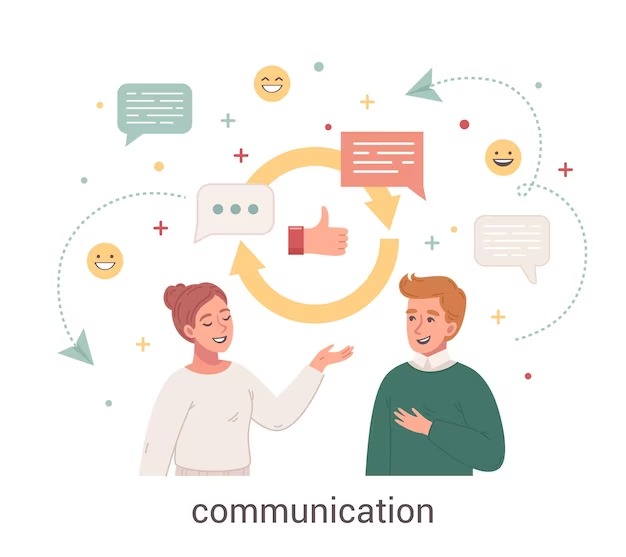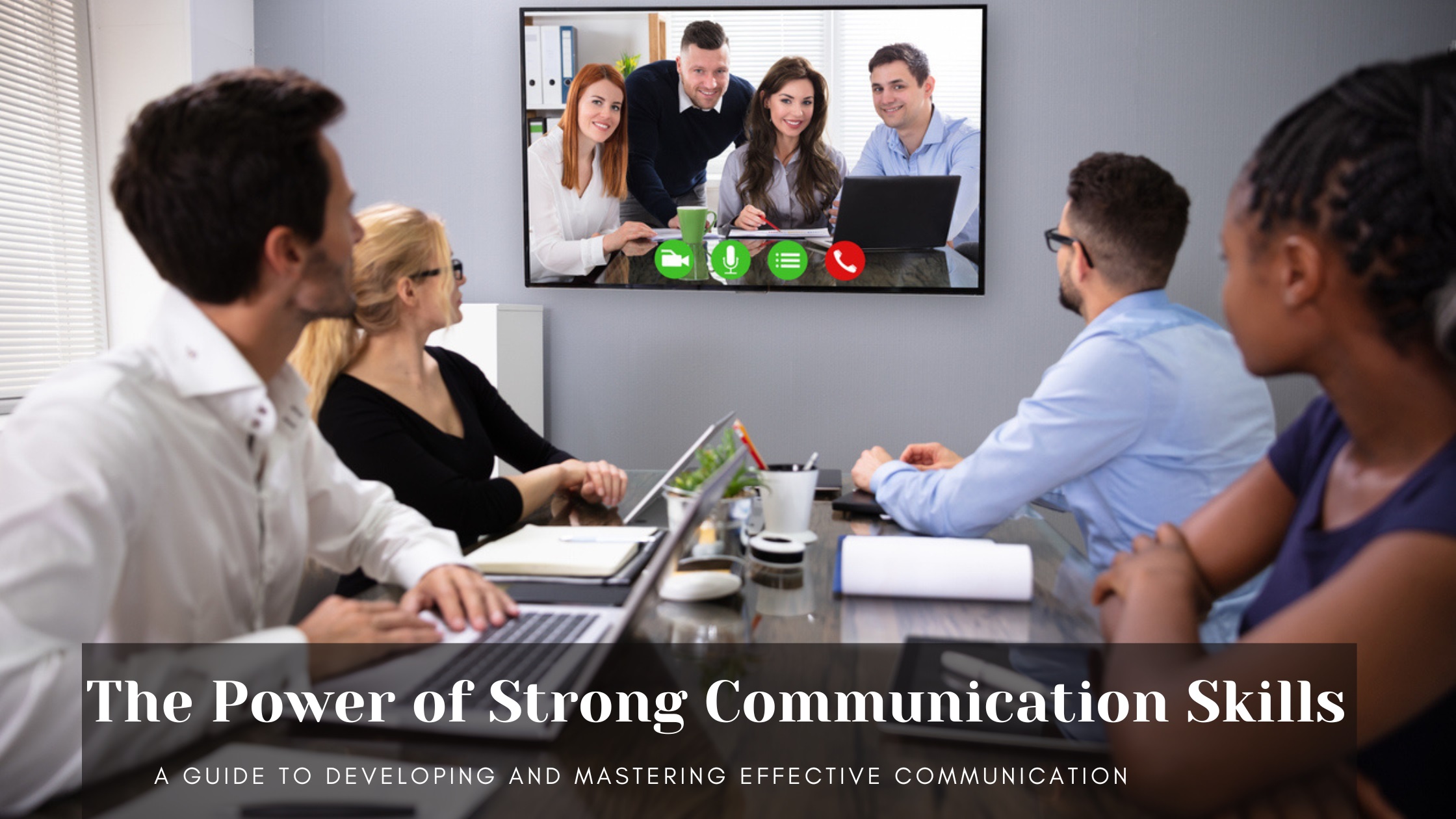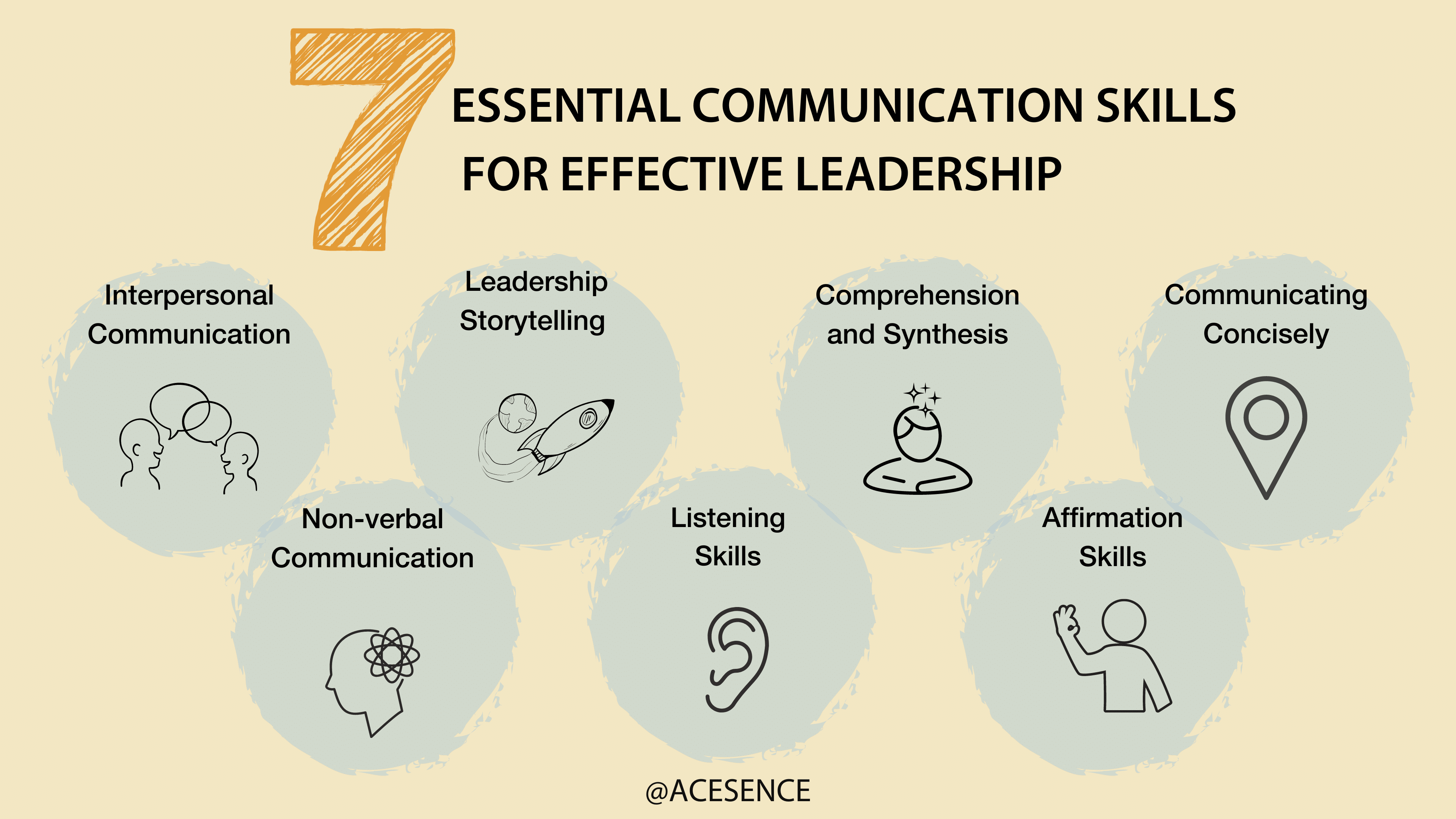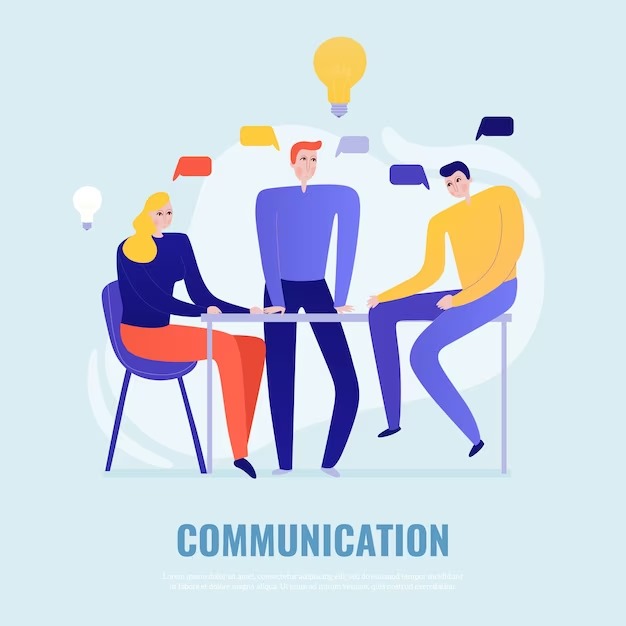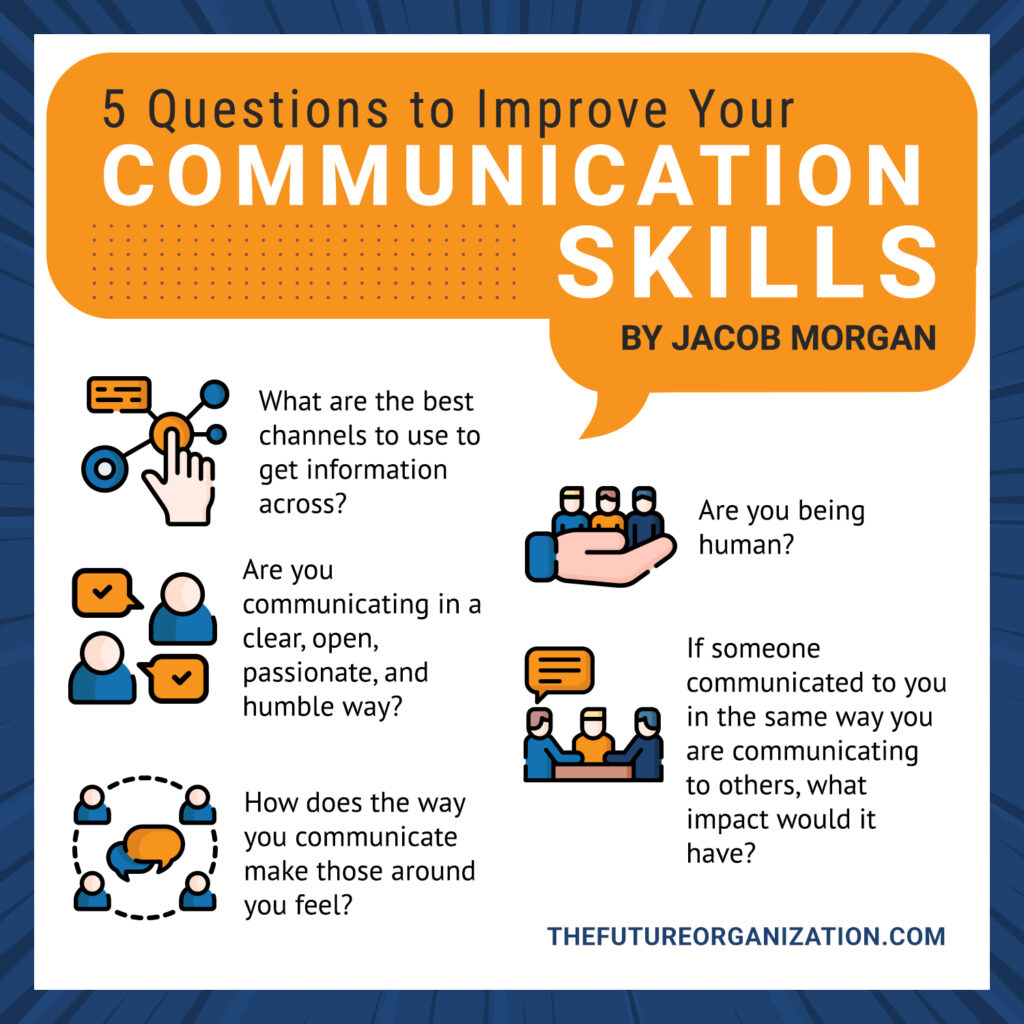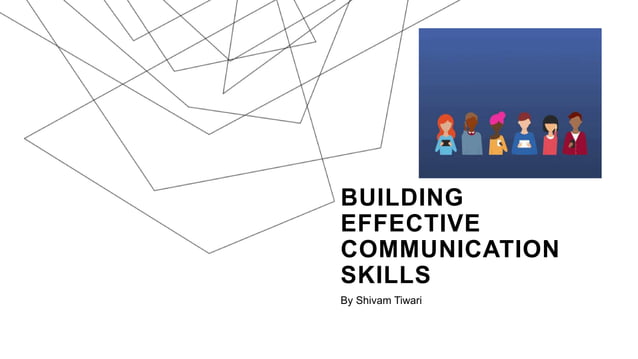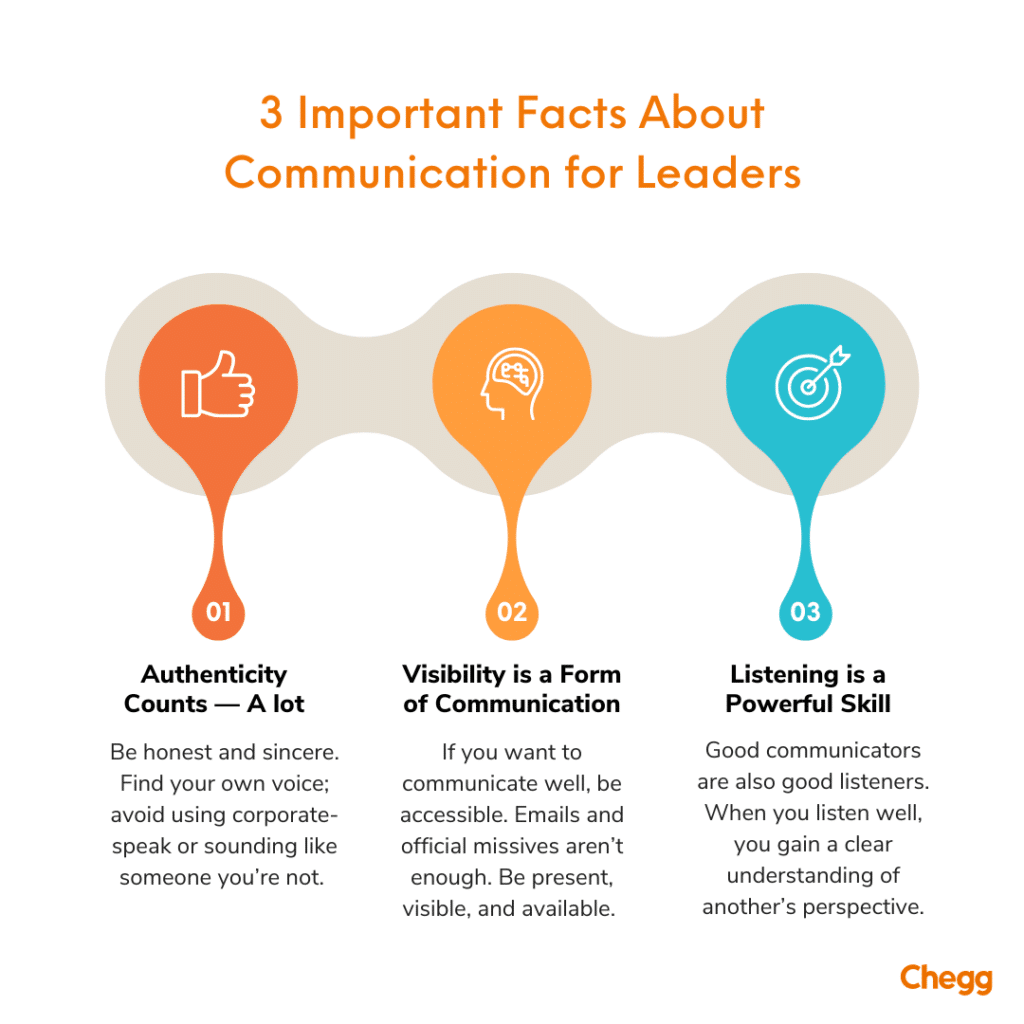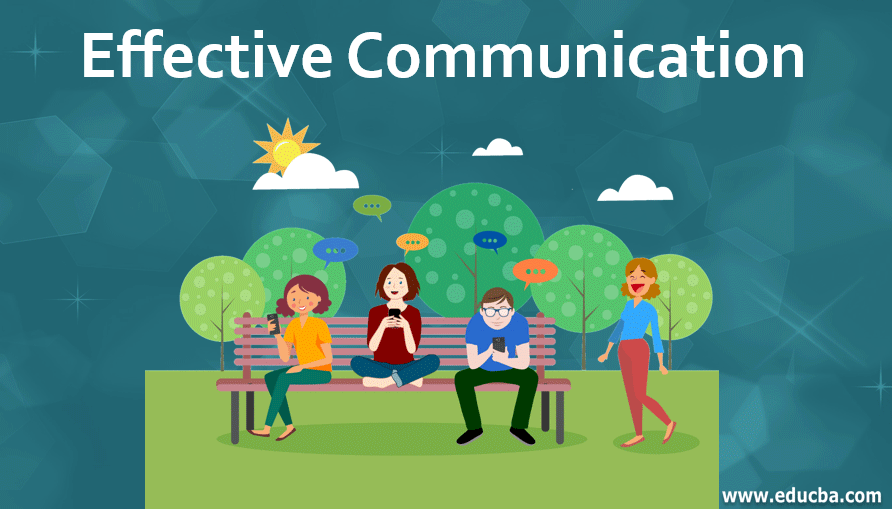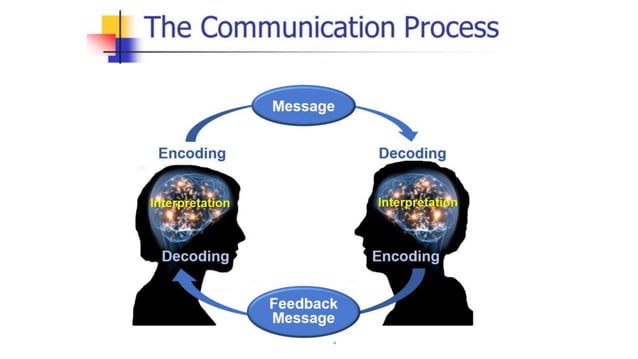Building Strong Communication Skills
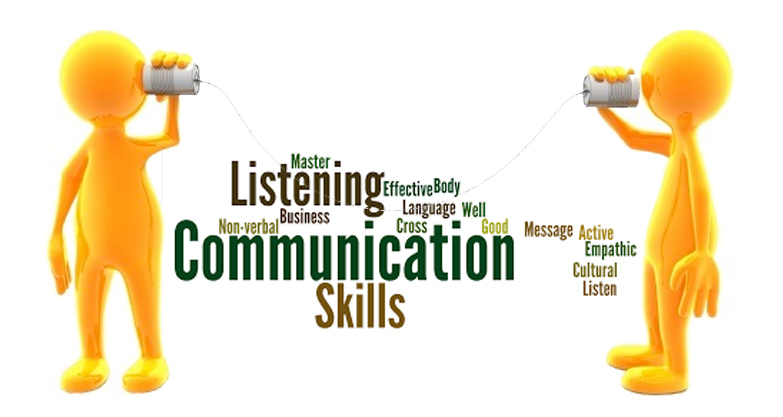
Imagine a world where every conversation flows effortlessly, ideas are understood clearly, and misunderstandings are rare. It's a world where strong relationships flourish, built on the solid foundation of effective communication. While this may sound like a utopian ideal, it's a goal within reach, achievable through focused effort and the cultivation of strong communication skills.
This article explores the essential elements of building strong communication skills, highlighting their importance in both personal and professional life. It delves into the practical steps anyone can take to improve their ability to connect with others, foster collaboration, and navigate the complexities of human interaction. Ultimately, mastering these skills empowers individuals to build stronger relationships, achieve their goals, and create a more harmonious world around them.
The Cornerstone of Connection
At its core, effective communication is about more than just exchanging words. It involves truly listening to understand, expressing thoughts clearly and respectfully, and being mindful of nonverbal cues. Consider the words of Stephen Covey, author of The 7 Habits of Highly Effective People: "Seek first to understand, then to be understood."
This principle encapsulates the essence of good communication: prioritizing active listening and empathy. According to a 2023 report by the National Communication Association, individuals who actively listen and demonstrate empathy are perceived as more trustworthy and reliable.
Active Listening: Hear More Than Just Words
Active listening isn't simply about hearing what someone is saying; it's about fully engaging with the speaker. This means paying attention to their body language, tone of voice, and the emotions behind their words. Avoiding interruptions and asking clarifying questions are key components.
Practicing empathy, putting yourself in the other person's shoes, allows you to understand their perspective and respond in a way that acknowledges their feelings.
"Empathy is simply listening, holding space, withholding judgment, emotionally connecting, and communicating that incredibly healing message of 'You're not alone'," says Brené Brown, a research professor and author.
Clarity and Conciseness: Speaking with Purpose
Expressing yourself clearly and concisely is vital for effective communication. Avoiding jargon or overly complex language ensures your message is easily understood. Structuring your thoughts logically and using supporting evidence can further enhance clarity.
Consider the "pyramid principle," a communication technique often used in business, which advocates for presenting the main point first, followed by supporting arguments. This structure helps ensure your audience grasps the key takeaway immediately.
Nonverbal Communication: The Silent Language
Body language, facial expressions, and tone of voice all play a crucial role in how your message is received. Maintaining eye contact, using open and welcoming body posture, and speaking in a clear and confident tone can significantly enhance your communication.
Research from the University of California, Los Angeles (UCLA) suggests that nonverbal cues account for a significant portion of communication effectiveness, sometimes outweighing the impact of the words themselves. Being aware of your own nonverbal signals and interpreting those of others can dramatically improve your understanding and connection.
The Ripple Effect of Strong Communication
The benefits of strong communication skills extend far beyond individual interactions. In the workplace, effective communication fosters teamwork, boosts productivity, and reduces conflicts. In personal relationships, it builds trust, strengthens bonds, and allows for deeper connection.
According to a 2022 study by Gallup, companies with highly engaged employees, often driven by strong communication, experience significantly higher profitability and lower turnover rates. Furthermore, strong communication skills are crucial for effective leadership, enabling leaders to inspire, motivate, and guide their teams towards success.
Cultivating Your Communication Prowess
Building strong communication skills is an ongoing process. Seek opportunities to practice active listening, ask for feedback on your communication style, and be open to learning new strategies. Consider taking a communication workshop or joining a public speaking club.
Remember that everyone has room to improve, and even small changes can make a big difference. The ability to communicate effectively is a gift that benefits both the speaker and the listener, fostering a world where understanding and connection prevail.
Ultimately, the journey to becoming a skilled communicator is a journey of self-awareness, empathy, and continuous learning. Embrace the challenge, invest in your communication skills, and unlock the power of connection that lies within you.
